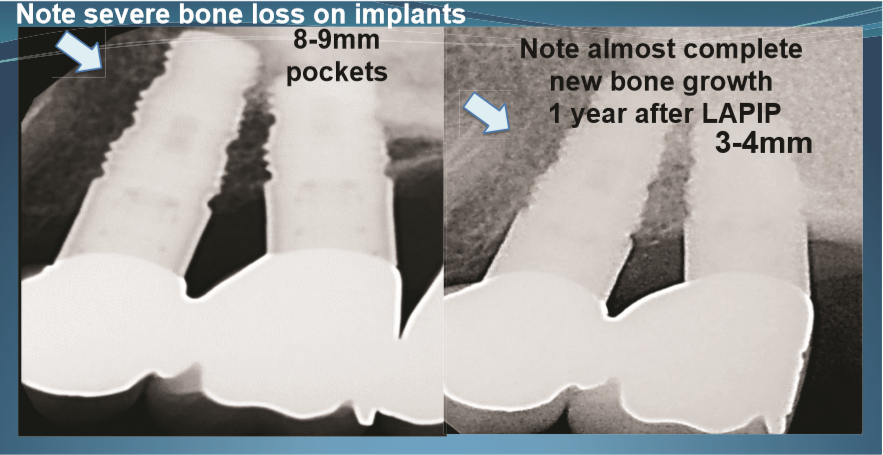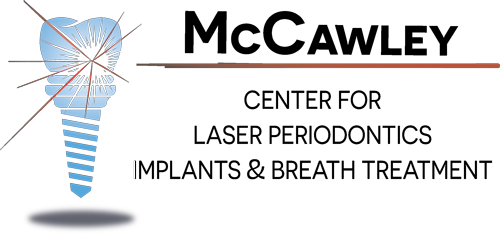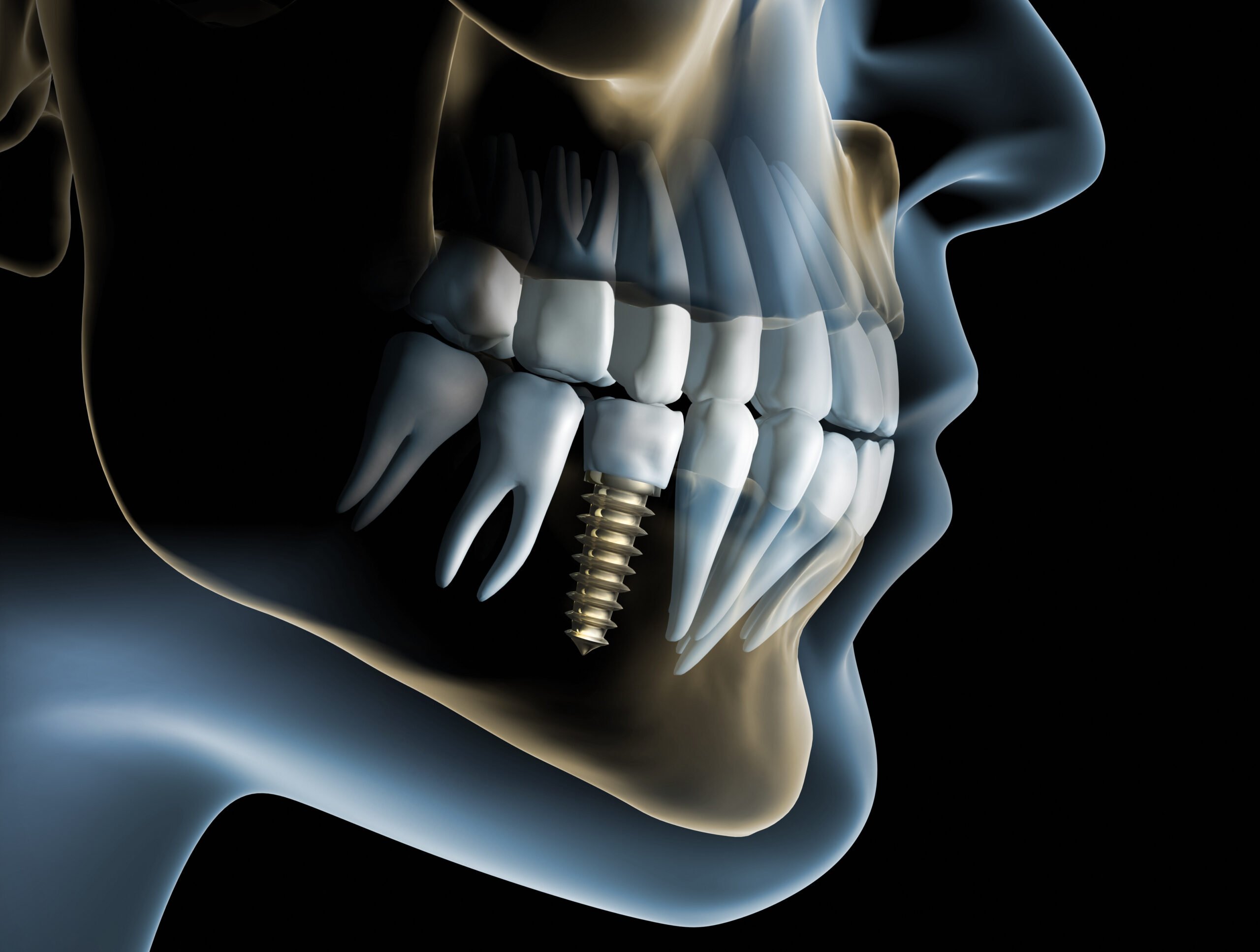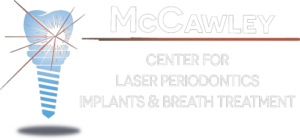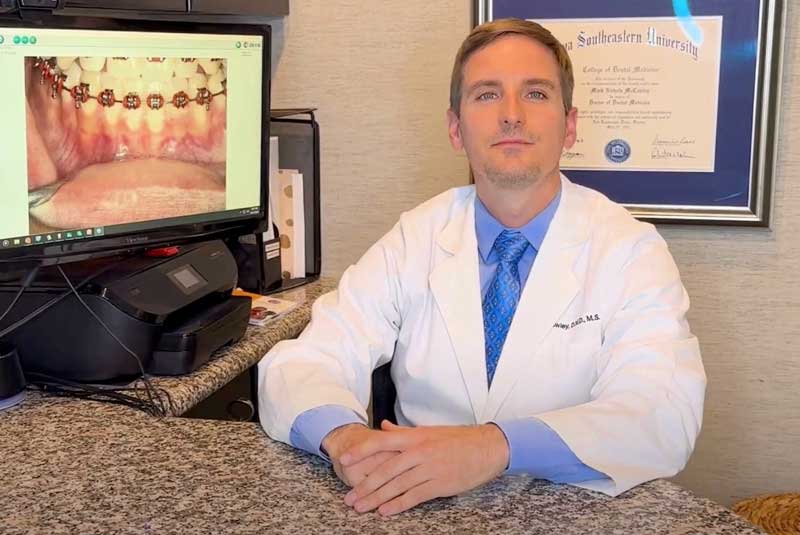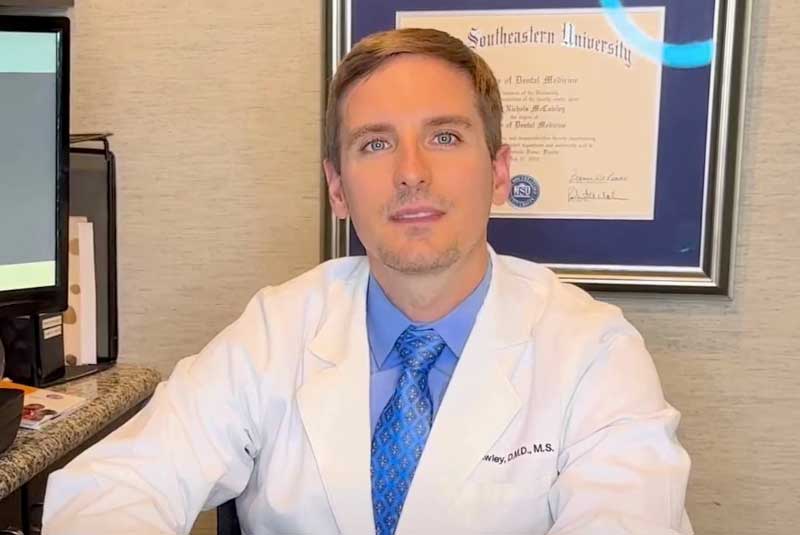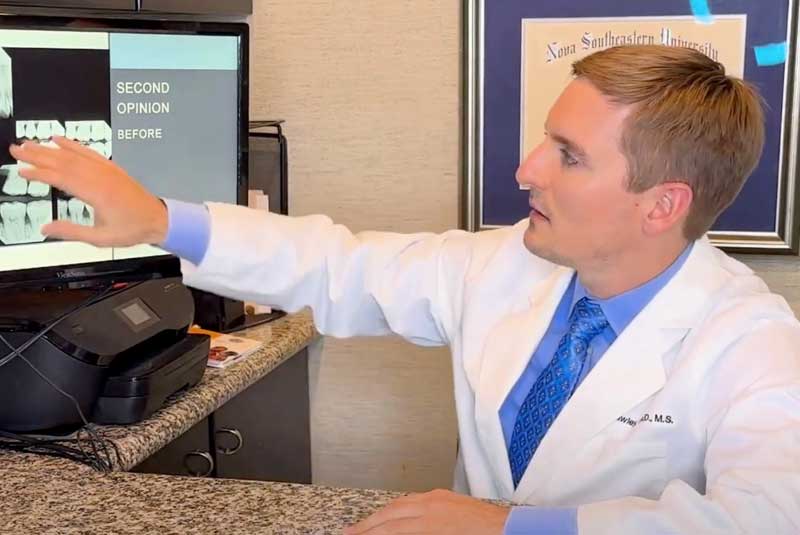Dental implants in Fort Lauderdale, FL are a popular solution for replacing missing teeth, offering durability, functionality, and a natural appearance. However, many patients wonder if dental implants can develop periodontal disease in the same way that natural teeth do. The short answer is yes—while implants themselves don’t decay, the surrounding gum tissue and bone can become infected, leading to a condition known as peri-implantitis, which closely resembles periodontal disease. This blog post explores the relationship between dental implants and periodontal disease, compares two treatments for gum recession, and provides valuable information on how to prevent peri-implantitis.
Understanding the Origin of Periodontal Disease
Periodontal disease, commonly referred to as gum disease, is an infection of the tissues surrounding and supporting the teeth. It begins with plaque buildup, a sticky film of bacteria that forms on teeth and gums. If not removed through proper oral hygiene, this plaque hardens into tartar, which can irritate the gums, leading to inflammation, bleeding, and eventually the destruction of the bone supporting the teeth. The early stage of gum disease is called gingivitis, which is reversible with treatment. However, if left untreated, it progresses to periodontitis, causing irreversible damage to the gums and bone.
Dental implants, while resistant to cavities, are not immune to similar issues. Just like natural teeth, dental implants require healthy gum tissue and bone for support. If plaque accumulates around an implant and is not effectively managed, it can lead to inflammation of the gum tissue, known as peri-implant mucositis. Without intervention, this can escalate to peri-implantitis, where both the soft tissue and the bone surrounding the implant become infected. This can ultimately lead to the failure of the implant if not properly treated. Good oral hygiene practices, such as brushing, flossing, and regular dental check-ups, play a crucial role in preventing these issues.
Pinhole Gum Surgery vs. Gum Graft: Which One is Ideal for Treating Receding Gums?
Gum recession is a common issue that affects both natural teeth and dental implants. It occurs when the gum tissue surrounding the teeth or implants pulls back, exposing the tooth or implant roots and making them vulnerable to sensitivity and further damage. Two primary treatments for receding gums are pinhole gum surgery and traditional gum grafting. Each treatment offers distinct benefits, and it’s essential to understand their differences to make an informed decision.
Pinhole gum surgery is a minimally invasive procedure that involves creating a small hole in the gum tissue above the receded area. Through this hole, specialized instruments are used to loosen the gum tissue and reposition it over the exposed roots. This procedure is quick, requires no sutures, and offers a faster recovery time compared to traditional methods. Dr. Thomas McCawley has successfully performed numerous pinhole gum surgeries, helping patients restore their gum line with minimal discomfort and downtime. The results are immediate, and many patients report a positive experience due to the simplicity and effectiveness of the procedure.
In contrast, a gum graft involves taking a piece of tissue from the roof of the mouth or a nearby donor site and suturing it over the receded area. While this method is more invasive, it has been a gold standard for many years and is effective in treating severe cases of gum recession. Factors to consider before choosing between the two include the severity of the gum recession, the patient’s overall health, and personal preference regarding recovery time. Dr. McCawley carefully evaluates each case to determine the best treatment option, ensuring that patients receive the most appropriate care for their specific condition.
How to Prevent Peri-Implantitis
Peri-implantitis is a significant concern for anyone with dental implants, as it can compromise the longevity and stability of the implant. The condition occurs when bacteria accumulate around the implant, causing inflammation and infection in the surrounding gum tissue and bone. Fortunately, there are several effective measures that can be taken to prevent peri-implantitis and maintain the health of dental implants.
The first step in prevention is maintaining excellent oral hygiene. This includes brushing twice daily with a soft-bristled toothbrush, using non-abrasive toothpaste, and flossing around the implant to remove plaque. Using an antimicrobial mouthwash can also help reduce bacterial buildup. Regular dental cleanings are crucial, especially for implant patients, as professional tools can remove tartar and plaque from areas that are difficult to reach with everyday brushing and flossing. During these visits, Dr. Thomas McCawley closely monitors the condition of the implant, identifying early signs of peri-implantitis and addressing any issues promptly.
In addition to home care, lifestyle choices such as quitting smoking and managing medical conditions like diabetes can significantly reduce the risk of developing peri-implantitis. Smoking impairs blood flow to the gums and can inhibit the healing process, while uncontrolled diabetes increases the risk of infections. By taking proactive steps and attending regular check-ups with Dr. McCawley, patients can protect their implants and enjoy long-lasting results.
Schedule an Appointment Today
If you have dental implants or are considering getting them, it’s essential to stay on top of your oral health. Peri-implantitis can compromise the success of your implants, but with the right preventive care and professional support, it can be avoided. Dr. Thomas McCawley and his team at the McCawley Center for Laser Periodontics & Implants are dedicated to providing the highest standard of care for patients with dental implants.
Schedule a consultation today to discuss the state of your implants and explore potential treatment options. Whether you need routine maintenance or are experiencing symptoms of peri-implantitis, we are here to help. Take control of your oral health and ensure the longevity of your dental implants by contacting our office in Fort Lauderdale, FL.
